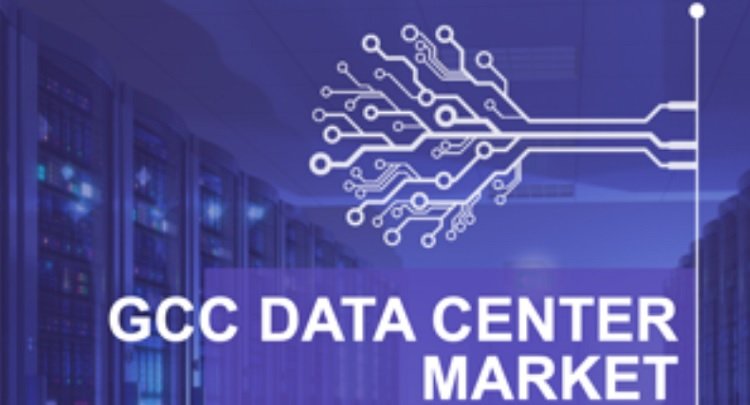The GCC data center market size is expected to grow at a CAGR of around 3% during the period 2019−2025 and will reach US$ 2 billion in revenue by 2025, according to a latest report from published by Arizton Advisory & Intelligence.
 This market research report includes data-driven and deep market insights on the impact of COVID-19 across geographies, segments, and vendor landscape. The key highlights of the report are:
This market research report includes data-driven and deep market insights on the impact of COVID-19 across geographies, segments, and vendor landscape. The key highlights of the report are:
- Over $1 billion cumulative revenue opportunity for data center power infrastructure providers in GCC during 2019-2025.
- 10+ new data center projects and expansion activities witnessed in GCC market in 2019.
- There will be $400 million cumulative investments on cooling systems across GCC countries during 2019-2025.
- Initiatives such as Saudi Vision 2030, Dubai Vision 2021, and New Kuwait Vision 2035 will aid in the growth of cloud, big data, and IoT services aiding in data center growth.
- In 2019, telecommunication service providers such as Saudi Telecom (STC), Batelco, Mobily, Etisalat, and Ooredoo contributed significantly towards colocation market revenue.
The increasing investment in data centers and the entry of global cloud service providers in the region are likely to major factors to the growth of the IT infrastructure market. The server market is now shifting slowly from rack-based server to blade servers to support the high-density operating environment.
The participation of government and individual agencies has accelerated the digitization trend among GCC countries. The Smart Dubai 2021 includes extensive applications of the Internet of Things (IoT) as well as the use of blockchain by Emirate’s business. The National Transformation Program 2020 of Saudi Arabia has prioritized the digital transformation of the entire economy.
Governments in the region are using cloud-based platforms to establish new public private partnerships. For instance, the UAE Ministry of Infrastructure upgraded its IT infrastructure to support smart government initiatives. Major oil companies in GCC are exploring ways to include smart technology in their oilfields by implementing big data and analytics, sensors, and control systems.



